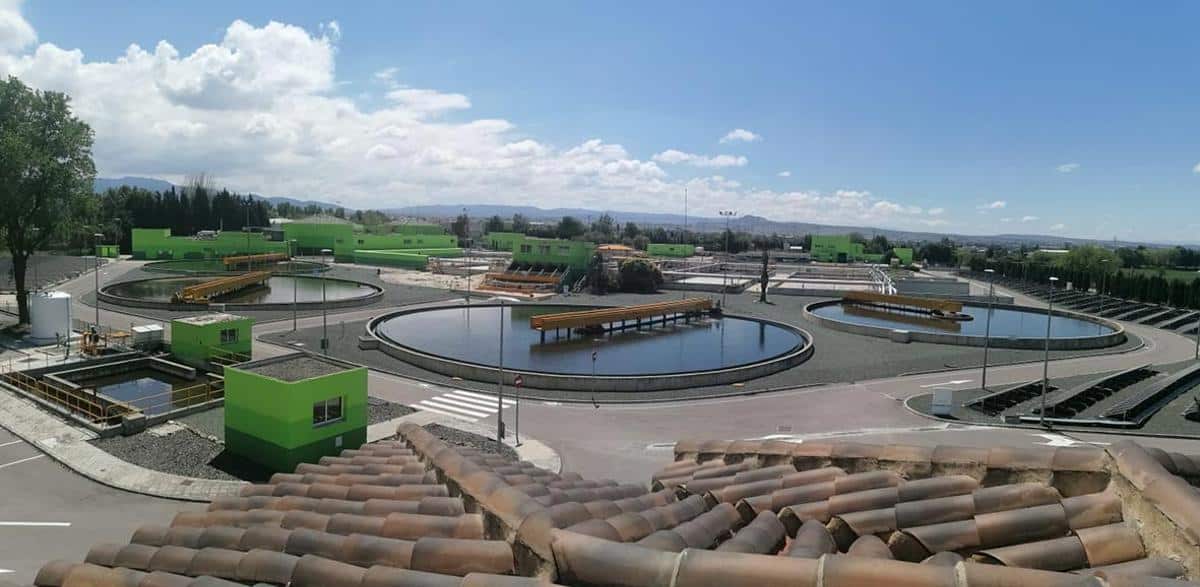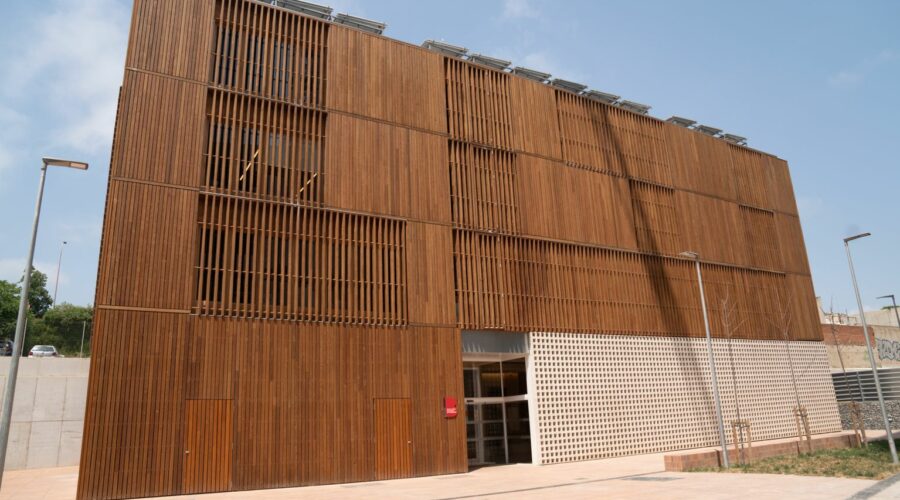In a context where the impacts of climate change are increasingly evident, Barcelona has adopted an innovative and proactive approach to the circular economy, especially in the water sector.
A leading company in this initiative is Aigües de Barcelona, which has managed to reduce more than 50% of its greenhouse gas (GHG) emissions between 2015 and 2022, exceeding its own targets.
The circular economy is a model that challenges the conventional notion of waste, promoting the transformation of waste into valuable resources. Faced with the challenges of climate change and the urgency of building resilient and sustainable cities, this approach is presented as a systemic solution for economic development.
Aigües de Barcelona, aware of the need to adapt to the climate emergency, has implemented several initiatives to transform wastewater treatment plants into ecofactories, thus contributing to the circular economy.
Ecofactories: a globally recognized model
Ecofactories, recognized as outstanding projects in the fight against climate change by the United Nations, are wastewater treatment plants (WWTP) designed with sustainability criteria in mind.
These facilities go beyond simple water treatment, integrating regeneration for different uses, the generation of renewable energy and the recovery of waste, such as sewage sludge converted into fertilizer for agriculture.
In the metropolitan area of Barcelona, Aigües de Barcelona is committed to the optimization of resources and the reduction of waste, with the dual objective of reducing the consumption of raw materials and reducing the volume of waste managed.
The company has achieved a 50% reduction in its GHG emissions between 2015 and 2022, exceeding its established targets. Looking to the future, Aigües de Barcelona is committed to achieving climate neutrality by 2050.
Innovative projects for a sustainable Barcelona
As part of the initiatives to move towards climate neutrality, Aigües de Barcelona is implementing energy efficiency projects, installing solar panels and photovoltaic collection pergolas, generating energy through the cogeneration of sludge and electrification of the vehicle fleet.
These actions reflect a strong commitment to sustainability and the reduction of the environmental footprint.
Another exemplary project is Life Nimbus, a European initiative co-financed by the LIFE Program. In collaboration with the Autonomous University of Barcelona and TMB, Aigües de Barcelona seeks to generate biomethane from the biogas produced in the anaerobic digestion of sludge from the Baix Llobregat Ecofactory.
This biomethane will be used as fuel to power a public bus in the metropolitan area of Barcelona, closing the circle of the circular economy.
Aigües de Barcelona is leading the way towards a more sustainable future for Barcelona by reducing emissions, recovering waste and regenerating water.




